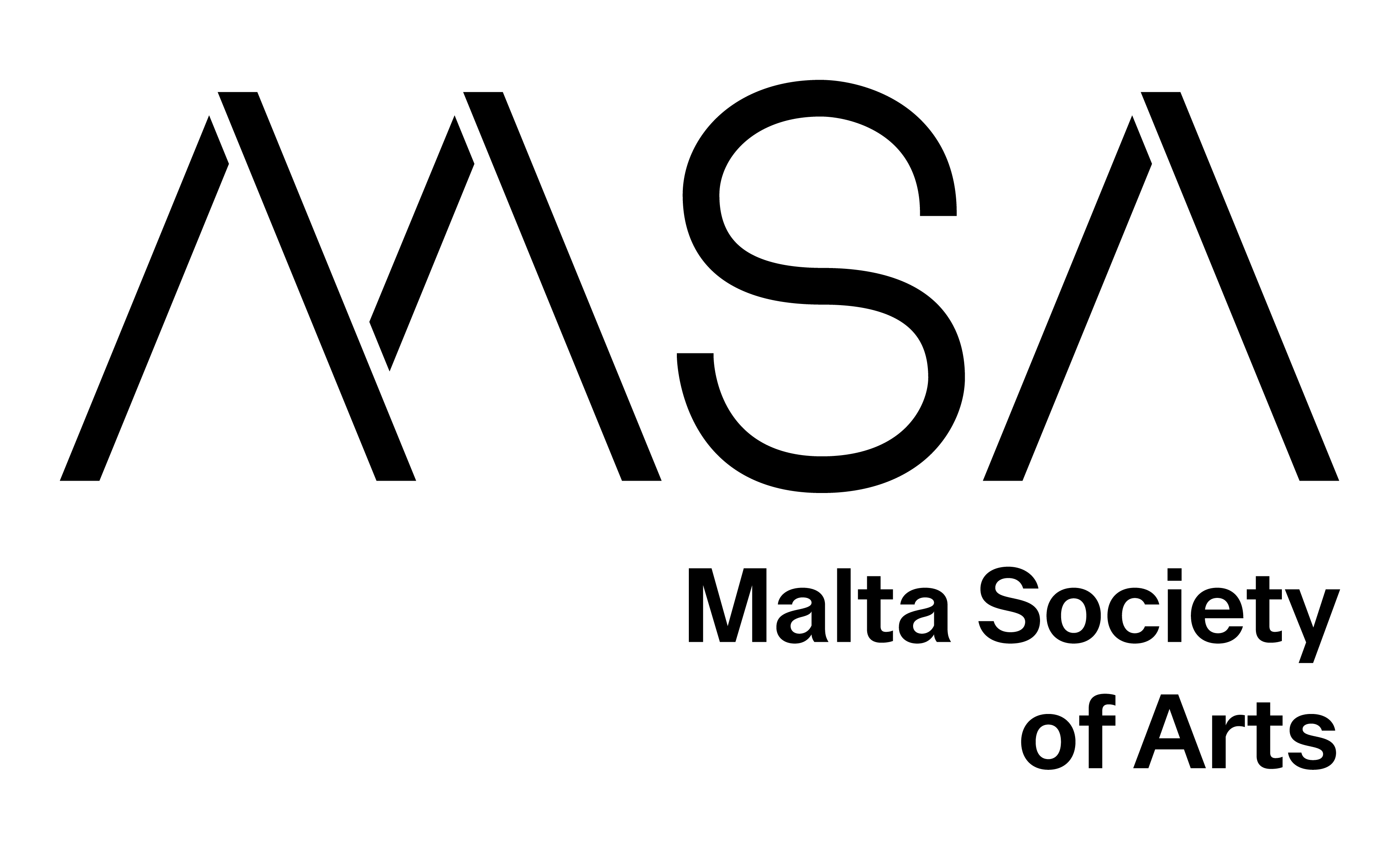Emergent is a mobile gallery exploring life forms that exceed the categories defined by traditional methods of classification in the era of biotech manipulation, new digital worldmaking, and climate change transformations, through narratives of mutation, adaptation, and emergence. Rather than just describing or illustrating specimens and research objects as if it was a cabinet of curiosity or an exhibition showcase, the mobile gallery seeks to bring different voices and narratives together in a sustained dialogue. To achieve this goal, it pursues live, in-person, and close (tactile and performative) encounters, thus offering more immersive and involved experiences. The goal is to create dialogues originating from what de la Cadena calls “sites of divergence”, that is, those elements of disagreements pertaining to what constitutes knowledge that “could not be solved without undoing what each of the groups were in relation to their interest in common”(Cadena & Blaser, 2018). Divergence, de la Cadena suggests, does not equal difference, but goes deeper. Sites of divergence imply that different parties have “interests in common”. However, the system of knowledge they belong to connects these interests in common to different practices and activities. The dialogues created by, and through, these sites of divergence are important because they become “an opportunity for the creation of concepts different from those [that] every participating knower brought to them” (ibid.).
Emergent is designed as a simple, multifunctional box on wheels that can be adapted to accommodate different projects by different artists working at the intersection of art and science; it is a space of encounters and a space of knowledge exchange; it is a space aimed at imagining future worlds and at reflecting on existing and past world. For TTT, we are proposing to bring Emergent to Malta as a mobile installation which will move around the conference, asking participants to engage with, and perform its content. For this new instalment, we are planning to transform the mobile gallery into a magic wardrobe containing a series of special Bone Costumes that will transport participants into a futuristic world. At the same time, it will force them to reflect on very present ethical and environmental issues.
The Bone Costumes originate from XXX’s research into historical corsets - designed to press natural bodies into ideal shapes, much like sculpting tools. Crossed with contemporary fashion technology, they evolved into exo-skeletons, half-organic half-mechanical apocalyptic outfits. Conceptually speaking, these Bone Costumes take up our ambiguous relationship with animals – the mass consumption of living beings, the ongoing extinction of species, but also the longing for human-animal communication. When worn as add-ons and wearables, they confront the wearer directly with the complex cultural knot of imagery of death and consumption, of animals as friends, relative, and Other, of separation and merging, and with possibly shamanistic ideas of energetic human-animal connections.
While we consume and use domestic animals like industrially produced wares and drive wild animals into extinction by refusing to concede them a minimum of space and resources on the planet, we also dream of harmony between the species. Many concepts of paradise across cultures include the idea of peace between humans and animals.
SciFi and popular culture fantasize about extraterrestrial intelligence in outer space, while our industrialized lifestyle is resulting in the mass extinction of the only other known conscious beings in the universe right on our planet.
(PhD Communication and Culture, YorkU) is an interdisciplinary artist and media scholar based in Toronto. She is the co-founder and artistic director of the ArtSci Salon at the Fields Institute for Research in Mathematical Sciences (Toronto) and co-organizer of LASER Toronto. Her scholarly work focuses on emerging life forms exceeding the categories defined by traditional methods of classification. Emergent is a postpandemic mobile gallery containing such life forms, through encounters at the intersection of art and science. She has exhibited internationally in galleries (Bevilacqua La Masa, Venezia) at art festivals (Transmediale, Berlin; Hemispheric Institute Encuentro; Sao Paolo), community centres (Immigrant Movement International, Queens NY, Myseum of Toronto), and science institutions (RPI; the Fields Institute). Her writing has appeared on Space and Culture, Cultural Studies and The Canadian Journal of Communication among others. Currently, she is Scholar in Residence at Sensorium, Centre for Digital Arts and Technology (York University), and acting Coordinator of NEWONE, Learning without Borders, an interdisciplinary program at New College’s University of Toronto.
Wenzel hacks into stereotypes and structures of Urban consumption, providing ready-to-go products to survive patriarchy: prosthesis to complete bodies defined as lacking; devices and costumes to change ideas and body perception; machines and survival kits for tackling the obstacles of hegemonial culture. She works about Queer Ecologies and hybrid bodies, infiltrating urban systems and services – from the streets to the internet. Her techniques range from surveys to Speculative fiction to explore the collective production of culture, interfaces of art and science, and the production and negotiation of public space.
She is an internationally active artist and professor for Aesthetic Practice in its Contexts at European University Flensburg, Germany. She has been a Senior Fellow at IFK/Linz Art University and a Fulbright Exchange Scholar and guest professor at SVA in New York 2009-10. She has received numerous grants, taught at international institutions, and run all kind of open space, open source art initiatives. Her works can be found in international collections, f.ex. Deutsches Historisches Museum, Berlin, Deutsches Technikmuseum Berlin, LWL Museum für Kunst und Kultur - Westfälisches Landesmuseum, the Artist’s Book Collection at Telavi State University etc.
Publications include
Käthe Wenzel: Mixed Systems. Works 2010-2018, with esssays by Gabriele Dietze, Jessica Ullrich, Matthias Reichelt. German and English, 232 p. Kerber Verlag, Berlin 2019.
Käthe Wenzel/ Manfred Blohm (ed.): HalfLife – Machines/Organisms – artistic positions in the context of climate change and extinction. German and English, 202 S. Fabrico Verlag, Hannover 2018.
Back







